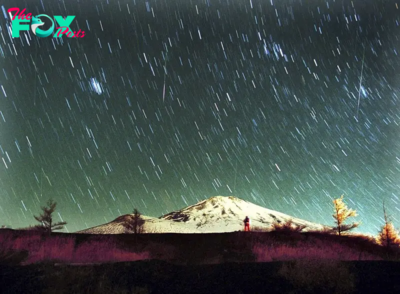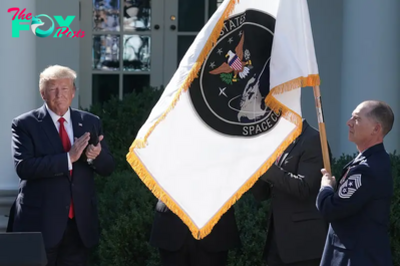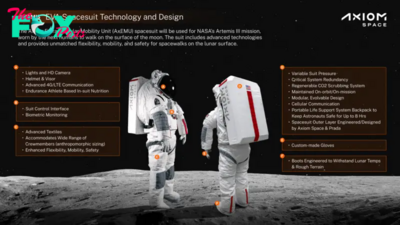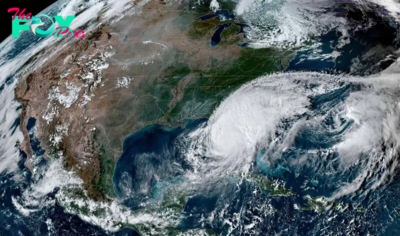Science
Earth's new 'mini-moon' will orbit our planet for the next 2 months
Earth is set to gain another moon by the end of the month — a small asteroid that will be snared by our planet's gravity until the end of the year, scientists say.
The mini-moon, an asteroid called 2024 PT5, was spotted by the Asteroid Terrestrial-Impact Last Alert System (ATLAS) on Aug. 7. The space rock will make one complete orbit of our planet between Sept. 29 and Nov. 25 before escaping Earth's gravity.
Yet despite this 57-day close flyby of our planet, the asteroid will be hard to spot as it's just 33 feet (10 meters) wide.
Our planet occasionally snags extra moons. For instance, a similar event occurred in 1981 and 2022, when the object 2022 NX 1 became an ephemeral companion to our planet before swinging further away, the astronomers noted. The researchers published their findings in September in the journal Research Notes of the AAS.
Related: Undiscovered extra moons may orbit Earth. Could they help us become an interplanetary species?
"Earth can regularly capture asteroids from the Near-Earth object (NEO) population and pull them into orbit, making them mini-moons," the researchers wrote in the paper. "The recently discovered Apollo-class NEO 2024 PT5 follows a path that resembles that of 2022 NX1 and may soon become a mini-moon."
NASA deems any space object that comes within about 120 million miles (190 million kilometers) of Earth a "near-Earth object" and classifies any large object within around 4.7 million miles (7.5 million km) of our planet as "potentially hazardous." NASA tracks the locations and orbits of roughly 28,000 asteroids usingATLAS, an array of four telescopes that performs a scan of the entire night sky every 24 hours.
-

 Science1d ago
Science1d agoInside Capitol Hill’s Latest UFO Hearings
-

 Science1d ago
Science1d agoYou Won’t Want to Miss the Leonid Meteor Shower. Here’s How and When You Can See It
-

 Science2d ago
Science2d agoHere’s What Trump’s Win Means for NASA
-

 Science5d ago
Science5d agoWhy Risky Wildfire Zones Have Been Increasing Around the World
-

 Science5d ago
Science5d agoIt’s Time to Redefine What a Megafire Is in the Climate Change Era
-

 Science1w ago
Science1w ago4 Astronauts Return to Earth After Being Delayed by Boeing’s Capsule Trouble and Hurricane Milton
-

 Science1w ago
Science1w agoThe Elegance and Awkwardness of NASA’s New Moon Suit, Designed by Axiom and Prada
-

 Science1w ago
Science1w agoSpaceX Launches Its Mega Starship Rocket. This Time, Mechanical Arms Catch It at Landing



























